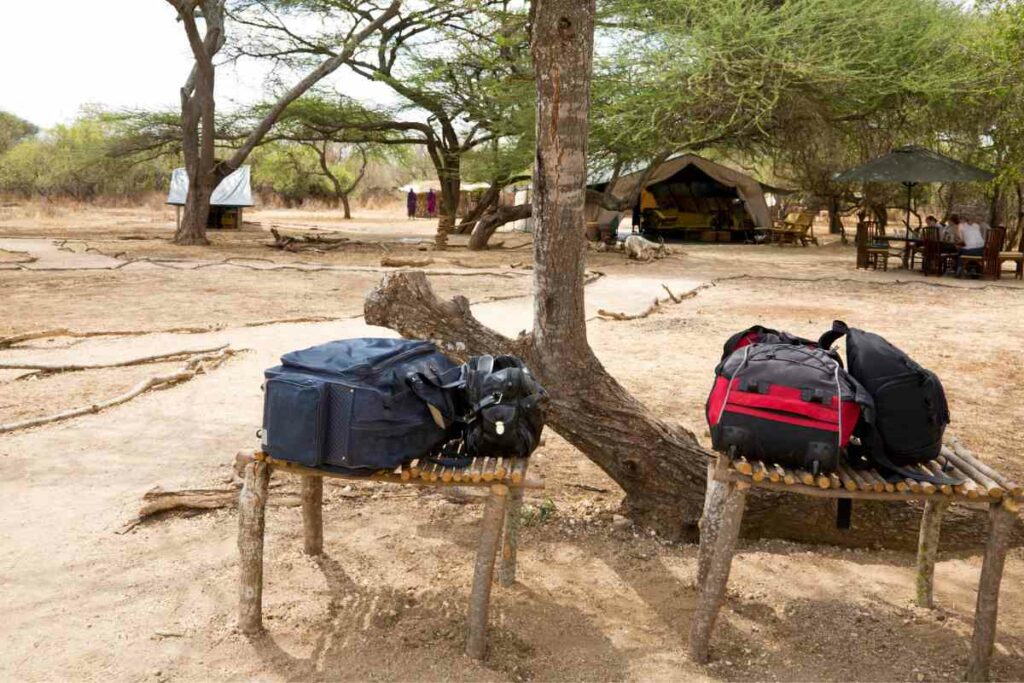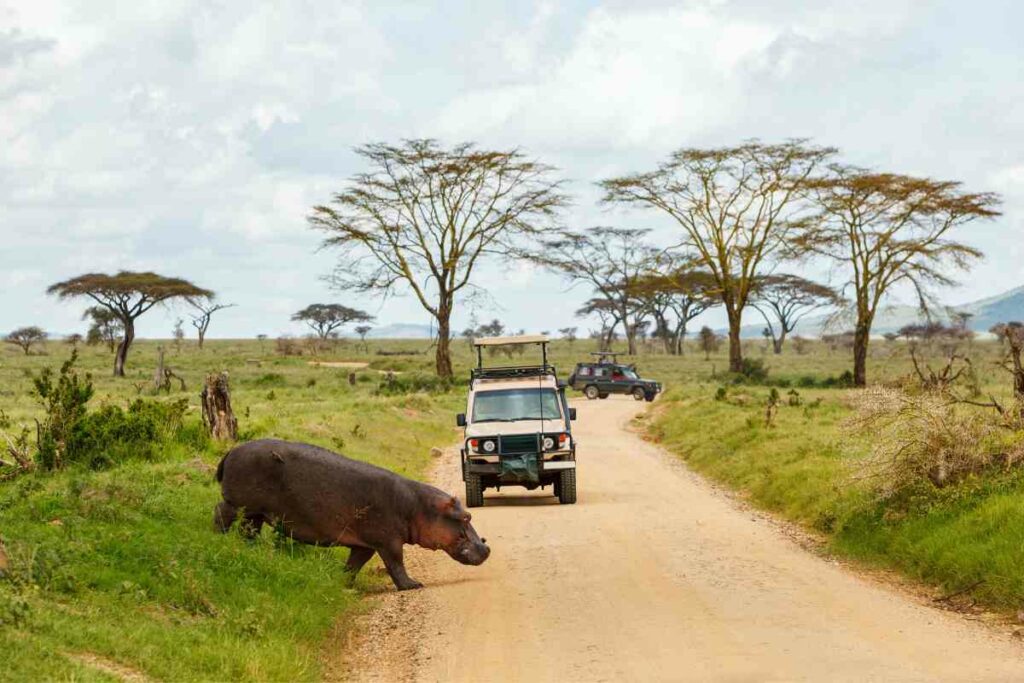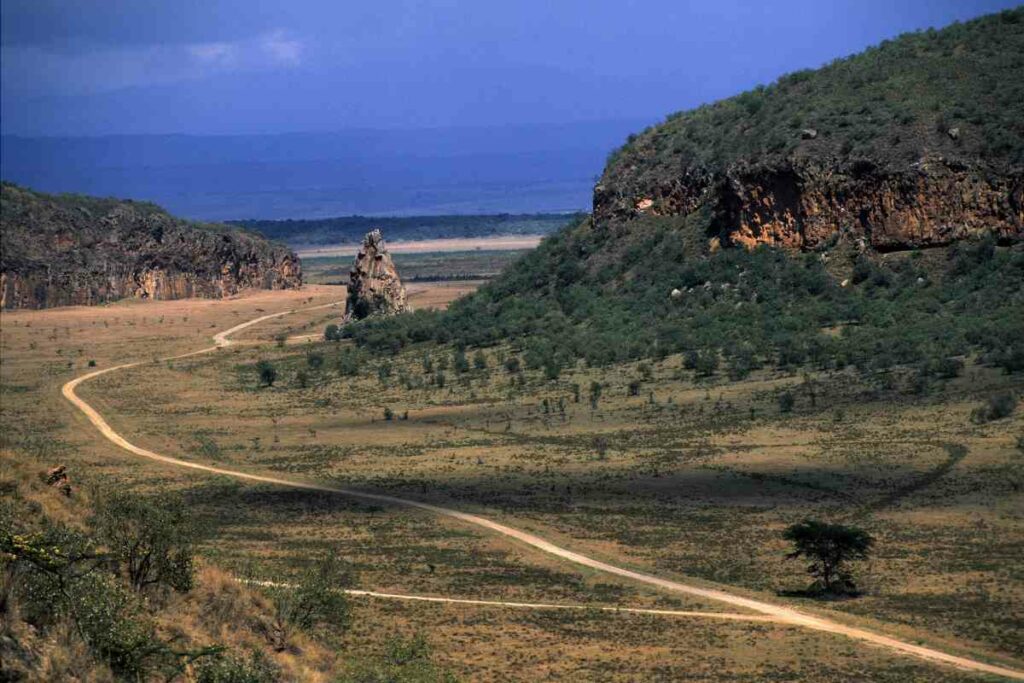Africa has a very high risk of yellow fever; therefore, most countries in the continent require proof of yellow fever vaccination.
However, it is not mandatory for all countries as others will ask for proof of yellow fever vaccination only if you have traveled to high-risk areas in the recent past.
That said, the vaccine is only recommended for those aged nine months and above.
Can I Travel To Africa Without A Yellow Fever Vaccine?
Since there is a high risk of yellow fever infection, there is no country in Africa that does not require proof of yellow fever vaccination.
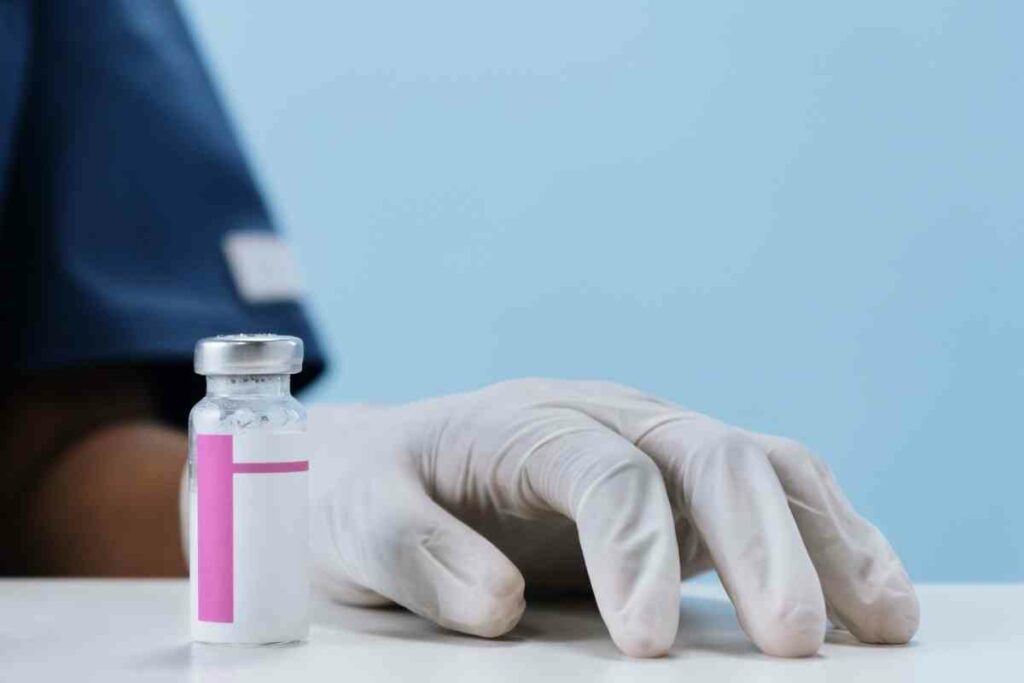
As mentioned above, proof of yellow fever vaccination is a mandatory travel requirement in some nations.
In contrast, yellow fever vaccination is only required in other countries if you have recently been to a country with a high risk of yellow fever.
A single vaccine dosage offers lifetime protection against the disease and is both inexpensive and safe.
| Countries That Require The Yellow Fever Vaccine | Countries That Require Vaccination For Travelers From Countries With A High Risk Of Yellow Fever Transmission |
|---|---|
| Benin Burkina Faso Burundi Cameron The Central African Republic Congo Côte d’Ivoire DRC Gabon Guinea-Bissau Kenya Liberia Rwanda Sierra Leone Niger Togo. | Algeria Botswana Cabo Verde Chad Djibouti Egypt Ethiopia The Gambia Ghana Guinea Lesotho Libya Equatorial Guinea Eritrea Madagascar Malawi Mauritania Mauritius Mozambique Namibia Nigeria Papua New Guinea Seychelles Somalia South Africa Sudan Swaziland Tunisia Uganda Tanzania Zambia Zimbabwe |
Is Yellow Fever A Dangerous Disease
Yellow fever is a dangerous hemorrhagic disease that is caused by a virus.
The virus that causes yellow fever is transmitted to people through the bite of an infected mosquito.
The infection then progresses to high fever, muscle pain, and severe headache.
The incubation period for the disease often lasts 3-6 days.
Blood tests that check for viruses or antibodies that a person’s immune system produces in response to viral infection are typically used to diagnose this disease.
Yellow fever’s initial signs and symptoms include:
- Rising body temperature
- Chills
- A severe headache
- Back pain
- Generalized body aches
- Nausea and vomiting
- Exhaustion and weakness
After these first symptoms, the majority of patients get better.
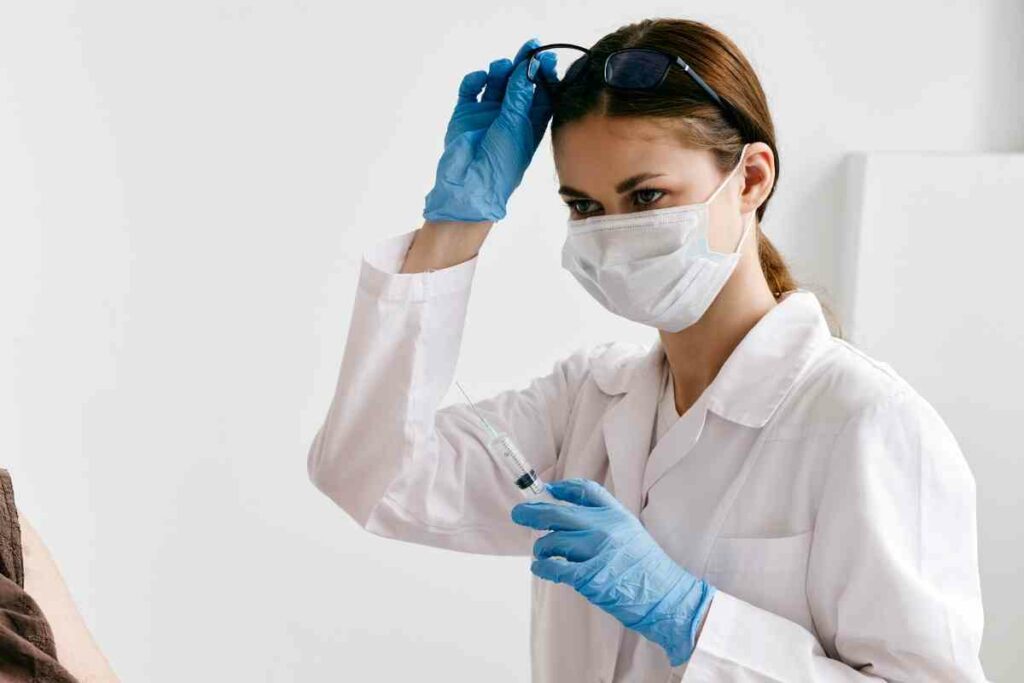
However, about 15% of people will go for a few hours or even a day without experiencing any symptoms before developing a more severe type of yellow fever.
In severe situations, a person may experience the following:
- High fever
- Bleeding (mainly from the gastrointestinal tract)
- Jaundice (yellow coloring of the skin and the whites of the eyes)
- Shock
- Eventual organ failure
Note – About 20–50% of patients with severe reactions may pass away.
Does The Yellow Fever Vaccine Have Any Side Effects?
The yellow fever vaccine is made of inactivated yellow fever virus and has no harmful effects on your body.
However, some people can experience mild side effects after the shot.
These include:
- Rashes
- Muscle aches
- Low-grade fevers
- Soreness
- Swelling where the shot was administered
Most of these adverse reactions can be avoided or controlled if adequately monitored.
It is very rare for anyone to develop life-threatening reactions.
Those most at risk of developing such side effects should talk to their healthcare provider before getting the vaccine.
They include:
- Children between 6 and 8 months
- Breastfeeding moms,
- Pregnant women
- Those above 60 years old
- Those with weakened immune systems
Some of these people might suffer from severe side effects, including:
- Anaphylaxis– A life-threatening allergic reaction that makes it difficult to breathe and swallow.
- Encephalitis or meningitis – This is where the spinal cord, brain, and other surrounding tissues swell.
- Internal organ failure
- Guillain- Barré syndrome – A condition that causes muscle weakness and paralysis.
Despite the above reactions being scary, you should not avoid getting the vaccine.
According to the CDC, only 1 in 55,000 people develop life-threatening complications.
How To Avoid Contracting Yellow Fever
There are several ways to protect yourself from this disease.
The best way is to prevent mosquito bites as much as possible, for example, by wearing netting around your neck and arms while sleeping.
Applying mosquito repellant on the skin is also another great option.
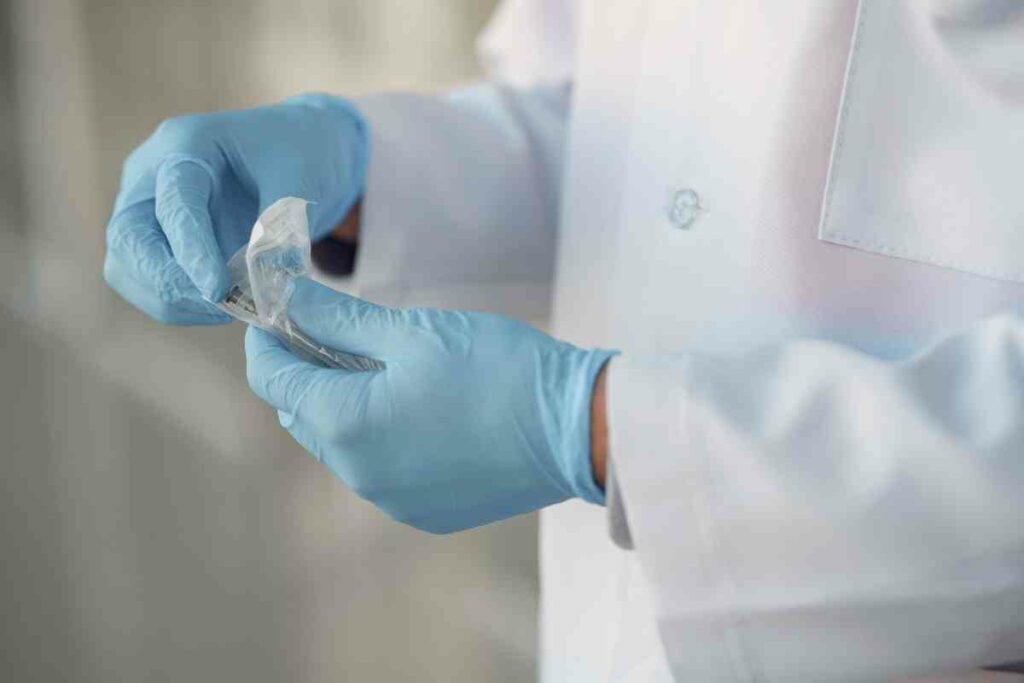
Use an insect repellent on exposed skin when you are outside, such as those that include DEET or oil of lemon eucalyptus.
Even a brief period spent outdoors can be long enough to attract and get bitten by a mosquito.
You can also prevent the virus by not being in an area with stagnant water since it is an excellent breeding place for mosquitos.
That said, the best way to protect yourself is by getting vaccinated.
The vaccine protects you by introducing antibodies that stop the virus from attacking your body.
Additionally – Rapid epidemic detection and containment through mass vaccination are essential in high-risk locations with poor vaccination coverage.
It’s critical to immunize the majority (80% or more) of the people at risk to stop transmission in a place where yellow fever is on the rise.
Read more about required vaccinations when travelling to Africa here.
Final Thoughts
Yellow fever is a dangerous disease, and Africa is one of the leading continents with a high risk of infection.
However, there is a vaccine that provides immunity against the disease.
Therefore, you should consider getting the shot if you live in areas of high risk or are planning to travel to another county.
You should also ensure you get immediate medical attention if you start showing yellow fever symptoms.



